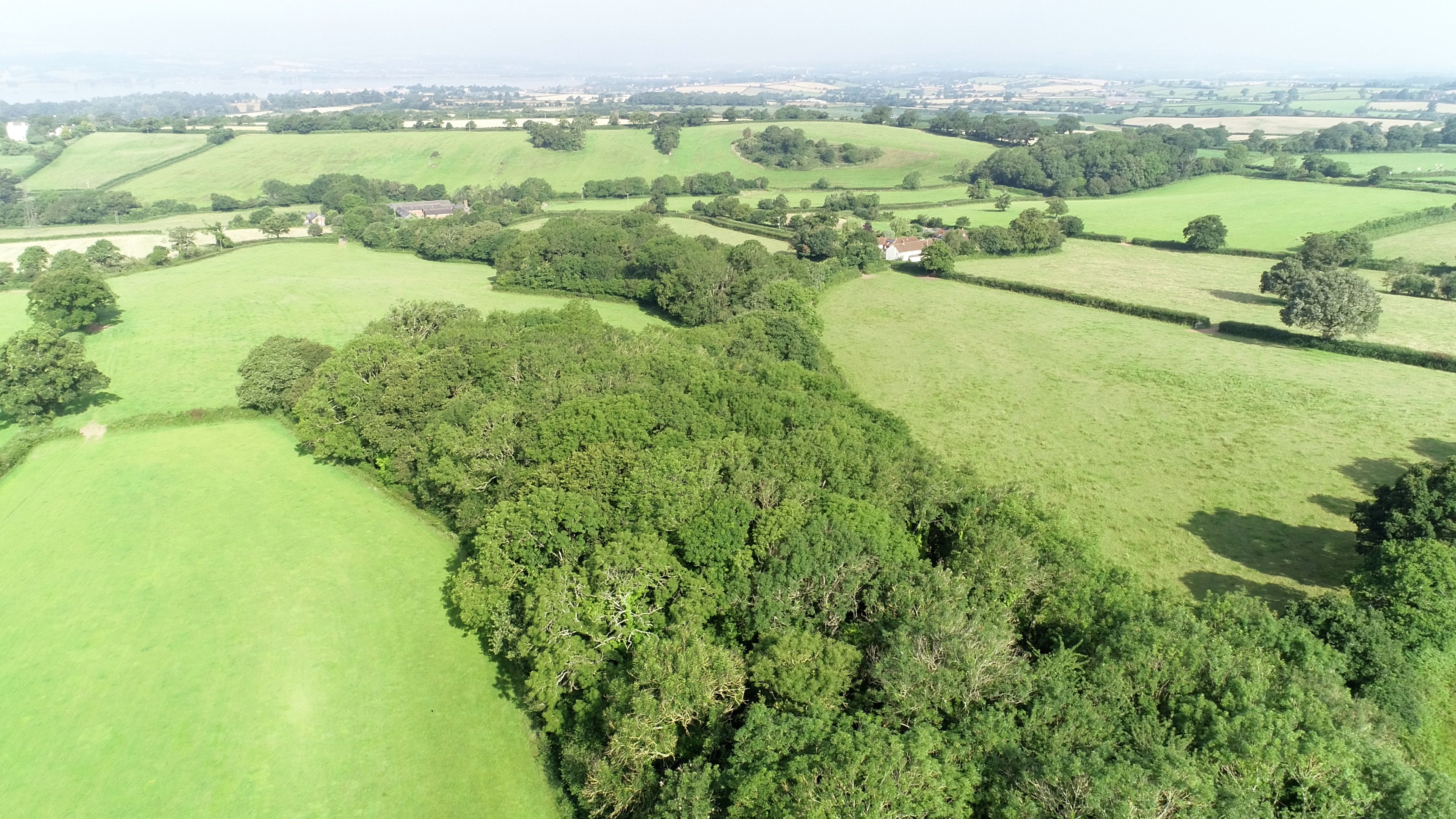Government ‘without answers’ on costs of net zero to consumers and businesses
While the target to achieve net zero emissions by 2050 was enshrined in law in June 2019, the Government only unveiled its plan for how to meet the go

Your support helps us to tell the story
From reproductive rights to climate change to Big Tech, The Independent is on the ground when the story is developing. Whether it's investigating the financials of Elon Musk's pro-Trump PAC or producing our latest documentary, 'The A Word', which shines a light on the American women fighting for reproductive rights, we know how important it is to parse out the facts from the messaging.
At such a critical moment in US history, we need reporters on the ground. Your donation allows us to keep sending journalists to speak to both sides of the story.
The Independent is trusted by Americans across the entire political spectrum. And unlike many other quality news outlets, we choose not to lock Americans out of our reporting and analysis with paywalls. We believe quality journalism should be available to everyone, paid for by those who can afford it.
Your support makes all the difference.The Government cannot say what cutting climate pollution to “net zero” by 2050 will cost consumers, households and businesses, MPs have warned.
The Parliamentary Public Accounts Committee (PAC) has put out a report on the legally binding goal to cut greenhouse gases to zero overall, slashing pollution as much as possible and using measures such as planting trees to offset what is left.
Net zero means a wholesale transformation for the UK, from phasing out boilers in favour of low-carbon technology such as heat pumps, to ending conventional car sales, rolling out electric vehicles and on-street charging points, boosting offshore wind and planting more woodlands.
While the target to achieve net zero emissions by 2050 was enshrined in law in June 2019, the Government only unveiled its plan for how to meet the goal in October 2021 – and the committee said it was missing answers to key questions.
Government is relying heavily on rapidly changing consumer behaviours and technological innovations to drive down the costs of green options, but it is not clear how it will support and encourage consumers to purchase greener products or incentivise businesses and drive change
These include how it will fund the shift to net zero and how it will replace income from taxes such as fuel duty, which raises billions of pounds a year but will dwindle with the move to electric cars.
Treasury officials questioned by the committee were “reluctant to be drawn” on future costs.
And while the Government is relying on consumer behaviour changes and new technology, it is not clear how it will support the shift to greener products.
Dame Meg Hillier, chairwoman of the PAC, said: “Government is relying heavily on rapidly changing consumer behaviours and technological innovations to drive down the costs of green options, but it is not clear how it will support and encourage consumers to purchase greener products or incentivise businesses and drive change.
“Every Government department has a responsibility for delivering policies towards the target of net zero but two years after enshrining the ‘net zero’ by 2050 target in law, the Government has unveiled a plan without answers to the key questions of how it will fund the transition to net zero – including how it replace significant income from taxes such as fuel duty.”
Ms Hillier said the net zero strategy required national and local government, regulators, businesses, and consumers working all together to deliver the targets.
“A top-down strategy from Government won’t deliver on its own.
“There is a risk that a series of disconnected initiatives announced by central Government will not bring about the changes that are now set out in law,” she said.